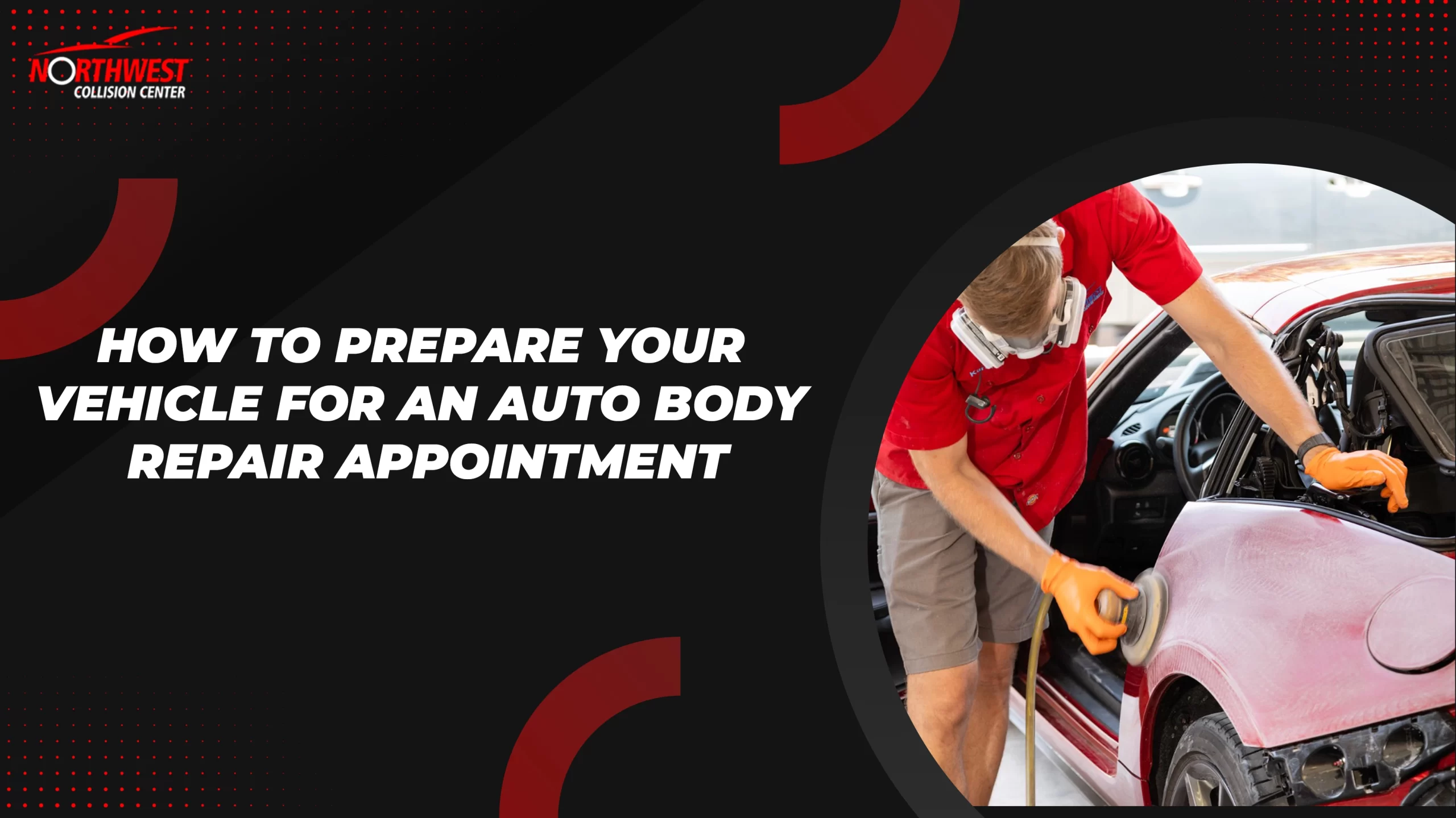To save fuel with better driving habits, accelerate and brake smoothly, keeping your speed consistent. Avoid hard acceleration and anticipate stops to use less energy. Use cruise control on highways to maintain a steady speed and improve fuel efficiency. Additionally, avoid idling for long periods and reduce excess weight in your vehicle. Planning efficient routes can also help. For more tips on enhancing your fuel economy, keep exploring the benefits of smart driving techniques.

Key Takeaways
- Accelerate and brake smoothly to reduce engine strain and conserve fuel.
- Maintain a consistent speed to minimize fuel waste and enhance driving efficiency.
- Utilize cruise control on highways for steady speed and optimized fuel consumption.
- Avoid idling for long periods by turning off the engine when stopped for over a minute.
- Reduce excess weight in your vehicle by regularly removing unnecessary items for improved fuel economy.
Smart Driving Techniques for Fuel Efficiency
To boost your fuel efficiency, it’s important to adopt smart driving techniques. By accelerating and braking smoothly, maintaining a consistent speed, and using cruise control on highways, you can make a noticeable difference in how much fuel you use. Let’s explore these strategies to help you save money at the pump.
Accelerate and Brake Smoothly
Although it might seem efficient to accelerate quickly and brake hard, adopting smoother driving habits can greatly enhance your fuel efficiency. When you accelerate gently, your engine doesn’t have to work as hard, which helps you save fuel while driving. Instead of flooring the gas pedal, gradually increase your speed, allowing your vehicle to respond smoothly.
Similarly, braking softly can also improve your fuel economy. Anticipate stops and slow down gradually rather than slamming on the brakes. This not only conserves gas but also reduces wear and tear on your brakes. By focusing on these good driving habits, you’ll find that your fuel consumption decreases, making your driving experience more economical and enjoyable.
Maintain a Consistent Speed
Maintaining a consistent speed can considerably boost your fuel efficiency. When you drive at a steady pace, you’re minimizing unnecessary acceleration and deceleration, which can waste fuel. Aim to avoid frequent speed changes; this not only helps you save fuel when driving but also contributes to a smoother ride. Good driving habits to save fuel include anticipating traffic flow and adjusting your speed accordingly. For instance, if you see brake lights ahead, ease off the accelerator rather than waiting until the last moment to brake. This approach allows you to maintain momentum, reducing the energy needed to speed up again. By adopting these techniques, you’ll notice a positive impact on your fuel consumption over time.
Use Cruise Control on Highways
Using cruise control on highways can considerably enhance your fuel efficiency, especially during long drives. It helps you maintain a constant speed, which is one of the best driving habits for saving fuel. By reducing unnecessary acceleration and braking, you can optimize your fuel consumption. When you set your cruise control at a steady pace, your engine operates more efficiently, leading to better mileage. Just remember to deactivate it in heavy traffic or on winding roads, where quick adjustments are necessary. This simple technique is an effective way to save fuel while enjoying a more relaxed driving experience. So, next time you hit the highway, don’t forget to use cruise control for an efficient journey!
Vehicle Maintenance for Optimal Fuel Economy
To maximize your fuel economy, regular vehicle maintenance is essential. Keeping your tires properly inflated, scheduling oil changes, and replacing air filters can make a noticeable difference. By staying on top of these tasks, you’ll not only save fuel but also extend the life of your vehicle.
Keep Tires Properly Inflated
Keeping your tires properly inflated is essential for maximizing fuel economy. Under-inflated tires can increase rolling resistance, making your engine work harder and ultimately wasting fuel. Here are some good driving habits for your car that can help you save on fuel:
- Check tire pressure monthly.
- Inflate tires to the manufacturer’s recommended PSI.
- Rotate tires regularly to guarantee even wear.
- Replace worn or damaged tires promptly.
- Avoid overloading your vehicle, which puts extra strain on tires.
Regular Oil Changes and Engine Checks
Regular oil changes and engine checks are crucial for maintaining your vehicle’s fuel efficiency. When your engine runs smoothly, it consumes less fuel, helping you learn how to save fuel consumption effectively. Dirty oil or neglected engine components can lead to poor performance, increasing your fuel usage. Scheduling regular maintenance guarantees that your engine operates at its best, and you can easily spot potential issues before they become costly repairs. Additionally, a well-maintained vehicle reduces wear and tear, ultimately helping you save on fuel costs over time. So, don’t overlook these critical checks; they play a significant role in keeping your fuel consumption low and your wallet happy. Remember, a little maintenance goes a long way!
Replace Air Filters When Needed
Replacing air filters when needed is an essential step in maintaining your vehicle’s fuel efficiency. A clean air filter guarantees that your engine gets enough air for peak combustion, which can lead to better fuel economy. Here are some best driving practices to help you save fuel in a car:
- Check air filters every 12,000 miles or as recommended.
- Replace filters if they appear dirty or clogged.
- Use high-quality filters designed for your vehicle.
- Maintain proper engine performance for maximum efficiency.
- Monitor fuel consumption regularly to spot issues early.
Reducing Unnecessary Fuel Consumption
To save fuel, you need to focus on reducing unnecessary consumption. This means avoiding long idling times, cutting out excess weight from your vehicle, and planning your routes more efficiently. Each small change can make a big difference in your fuel usage.
Avoid Idling for Long Periods
Why let your engine run while you’re waiting? Idling wastes fuel and contributes to unnecessary emissions. If you’re looking for how to save fuel when driving your car, consider these good driving habits:
- Turn off the engine if you’ll be stopped for more than a minute.
- Avoid warming up your car by idling; modern engines don’t require it.
- Use drive-through services instead of parking and waiting.
- Plan your trips to minimize stops and waits.
- Educate passengers about the benefits of reducing idling.
Reduce Excess Weight in Your Vehicle
When you pack your vehicle with unnecessary items, you’re not just cluttering your space; you’re also dragging down your fuel efficiency. Excess weight forces your engine to work harder, leading to increased fuel consumption. One of the best driving tips is to regularly check your vehicle for items you don’t need. Items like sports equipment, tools, or even heavy bags can add up quickly. By adopting good driving habits, like emptying your trunk after trips, you can greatly enhance your car’s performance. Aim to keep your vehicle as light as possible, especially if you’re planning a longer journey. Reducing excess weight isn’t just about saving fuel; it’s also about improving your overall driving experience.
Plan Efficient Routes
Planning efficient routes can greatly reduce unnecessary fuel consumption, as it helps you avoid traffic congestion and long detours. By adopting good driving habits and knowing how to get better at driving, you can enhance your fuel efficiency. Here are some tips to help you plan your routes effectively:
- Use a GPS or mapping app to find the quickest route.
- Avoid peak traffic times when possible.
- Combine errands to minimize trips.
- Keep an eye on road conditions and construction zones.
- Consider alternative routes that may be less congested.
Frequently Asked Questions
How Does Tire Pressure Affect Fuel Efficiency?
It’s easy to overlook, but your tires are crucial to your vehicle’s overall performance. If they’re not properly inflated, you’re essentially throwing money away on wasted fuel. Maintaining the optimal air pressure, on the other hand, can lead to better fuel efficiency and significant cost savings.
Can Using Air Conditioning Improve Fuel Economy?
Using air conditioning can actually decrease fuel economy, as it puts extra strain on the engine. However, on hot days, it might be more efficient than driving with the windows down, which increases drag.
Does Driving Speed Impact Fuel Consumption Significantly?
Driving speed does impact fuel consumption considerably; higher speeds lead to increased resistance, while lower speeds enhance efficiency. By managing your speed, you’re not only saving fuel but also ensuring a smoother ride for everyone.
Is It Better to Accelerate Slowly or Quickly for Fuel Savings?
It’s definitely better to accelerate slowly. Quick acceleration can consume more fuel because your engine works harder. By gradually increasing your speed, you’ll not only save fuel but also improve your overall driving experience.
How Often Should I Check My Fuel Filter for Efficiency?
Oh, checking your fuel filter is as thrilling as watching paint dry! But seriously, you should inspect it every 30,000 miles or so, or whenever you notice performance issues. Keep that engine happy!
Conclusion
By adopting smarter driving habits, you can greatly improve your fuel efficiency and save money at the pump. Did you know that maintaining a steady speed can boost your fuel economy by up to 30% on the highway? By accelerating and braking smoothly, avoiding long idles, and keeping your vehicle well-maintained, you’re not just saving on fuel costs—you’re also helping the environment. Make these adjustments now and observe your savings increase with each passing mile.










